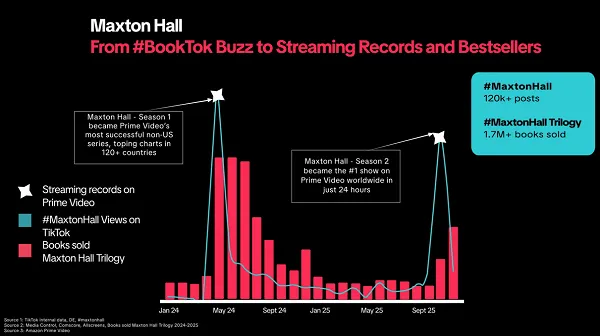Top 50 Fastest-Growing EdTech Companies
From AI tutors to classroom management platforms, both new startups and established players are racing to capture attention and market share. Using Ahrefs’ website data, we’ve found the top 50 fastest-growing EdTech companies of 2025, ranked by estimated year-over-year...
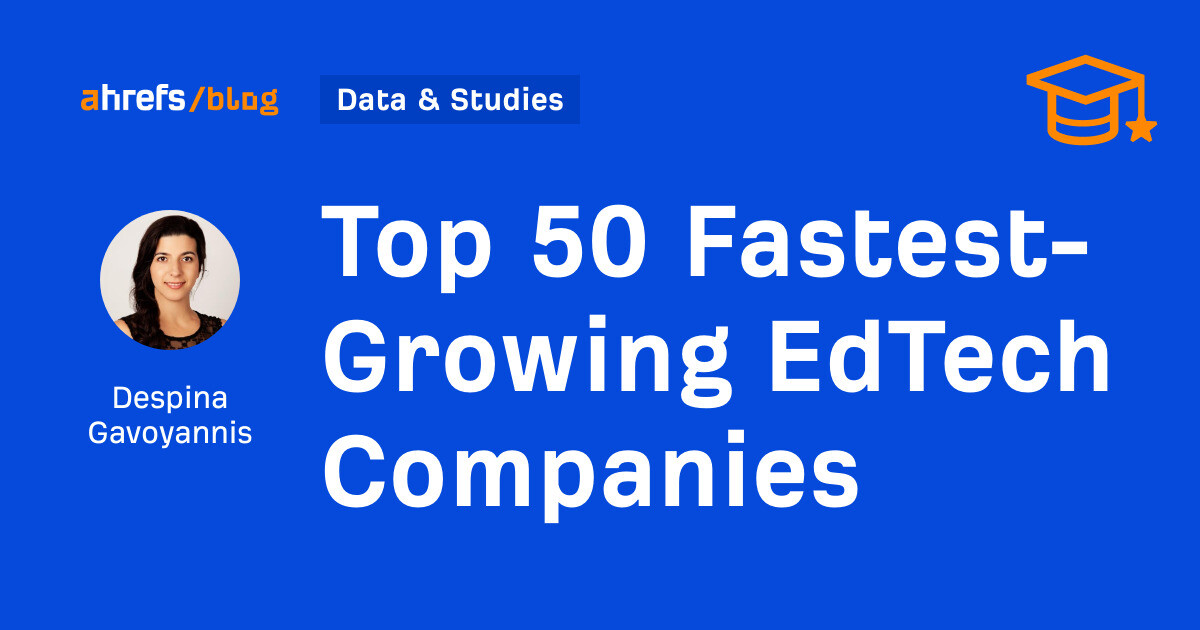
The EdTech industry is expanding rapidly, with a global market projected to reach $354.71 billion this year. From AI tutors to classroom management platforms, both new startups and established players are racing to capture attention and market share. Using Ahrefs’ website data, we’ve found the top 50 fastest-growing EdTech companies of 2025, ranked by estimated year-over-year organic traffic growth. We analyzed over 1,800 global EdTech websites and shortlisted companies with at least 5,000 monthly organic visits in 2025. Only those with a minimum of 3.5x traffic growth compared to the previous year made the final cut. What emerged is a list of EdTech brands using content, tools, and product-led strategies to reach educators, students, institutions, and lifelong learners in smarter ways. Thanks to shifts in online learning, AI tools, and global access to education, the EdTech industry is evolving fast, as are the education SEO strategies companies use to grow. I’ve hand-picked five companies that aren’t just seeing explosive traffic growth, but are using smart, sustainable content and product-led strategies to get there. Here’s what’s working for each of them. LabEx is a hands-on learning platform offering browser-based labs and tutorials for developers, particularly in cybersecurity and DevOps. Its rapid growth reached nearly 40x since last year: Its growth is fueled by demand for practical, interactive learning content in fast-changing tech disciplines. LabEx focuses on tutorial-style content designed for self-paced learning, a format that searchers actively seek when brushing up on real-world skills. Their strategy positions them at the intersection of certification prep, skills development, and workforce training, and search visibility follows naturally. LabEx has become a go-to resource for technical upskilling by meeting learner intent with immediately usable content, especially for subjects where theoretical learning isn’t enough. Gizmo is a collaborative learning platform powered by user-generated flashcard decks. It has experienced periods of slight traffic instability as its user-generated content base grew, but it managed to produce solid 31x growth in the last year. Gizmo’s content model allows students and educators to create, share, and search thousands of study sets across topics, creating a self-reinforcing SEO flywheel. The community-generated content attracts thousands of visitors through search every month. With most of their pages targeting long-tail queries tied to specific courses and topics, Gizmo benefits from sheer content volume and deep search alignment. As more users contribute, the site’s authority and relevance grow in tandem, fueling further traffic growth. Their 31x+ rise over the past year shows the scalability of a well-executed UGC strategy in education — especially when paired with clean site architecture and targeted metadata. BoldVoice is an English pronunciation coach designed for non-native speakers, voice actors, and performers aiming to improve their accents. It has grown in the last year, largely thanks to its blog strategy. Its blog contributes 54.9% of the overall organic traffic: Unlike most language apps, BoldVoice focuses narrowly on spoken clarity and confidence — a niche with high emotional and practical value. Their blog strategy blends top-of-funnel and mid-funnel content centered on regional accents, commonly mispronounced words, and confidence-building techniques. It also covers seemingly unrelated topics around common phrases and grammar. These topics would not produce much commercial value for other companies, even dictionaries and thesauruses. But BoldVoice leans into them because they understand that sounding American or English goes deeper than perfecting an accent. While it reads like standard content marketing, the topics are tightly aligned with product use cases and common struggles among their target audience. And that’s why it also makes sense for them to include a direct call to action in this content: By anchoring growth around specific pain points and pairing them with a solution that feels tailored to the exact problem an audience resonates with, BoldVoice turns organic search into a steady stream of qualified leads. Skills Caravan provides enterprise learning management tools, helping organizations upskill teams at scale. In the last year, they grew almost 16x despite experiencing some traffic drops after recent algorithm updates. Like BoldVoice, their growth in the last year can largely be attributed to their blog strategy, with their posts accounting for over 97% of the website’s organic traffic. Their blog doesn’t just chase education keywords, it serves HR teams with ready-made resources like salary letter templates, training plans, and onboarding checklists. This strategy brings in consistent, mid-funnel traffic from corporate professionals searching for workplace solutions, not just learning theory. It’s content that solves problems while subtly introducing their platform as a better way to manage the workflow. Skills Caravan earns attention with tangible assets and a refreshing, results-oriented content approach in a space often flooded with generic leadership content. Dinolingo offers language learning programs for children in over 50 languages. It grew 14 times over in the last year: Their steady growth appears closely tied to multilingual content launches around July 2024 — likely expanding their organic reach across new language markets. By building pages in multiple languages and aligning with parental search behavior (e.g. “best way to teach Spanish to kids”), Dinolingo taps into both global demand and underserved niches. They’re a strong example of how EdTech brands can use multilingual SEO not just to translate, but to reach new organic audiences from scratch. EdTech may be evolving fast, but the fastest-growing companies within this space aren’t just chasing trends, they’re solving specific problems for focused audiences. Whether through templates for HR teams, multilingual content for parents, or flashcards built by students themselves, these companies show that growth happens where usefulness meets discoverability. As AI continues to reshape how we search and learn, EdTech brands that stay close to learner needs (and far from generic content) will keep leading the way.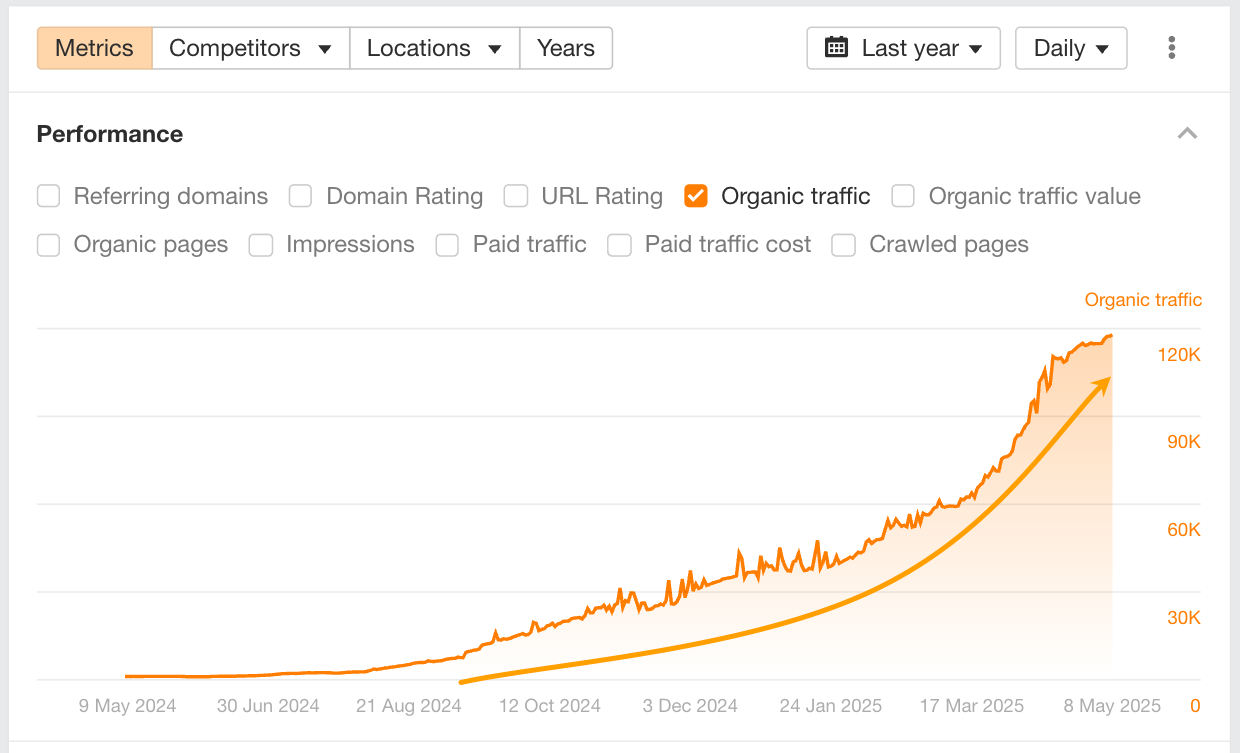

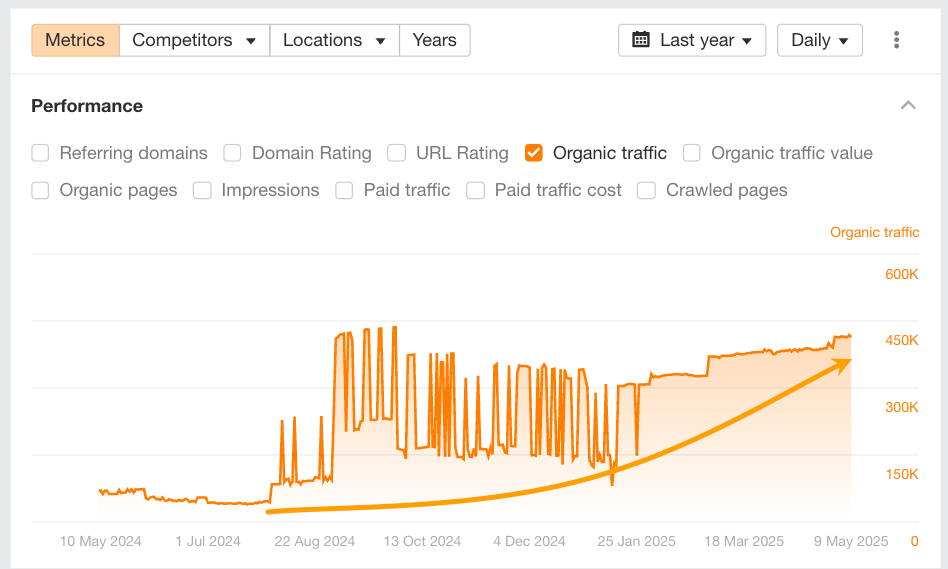
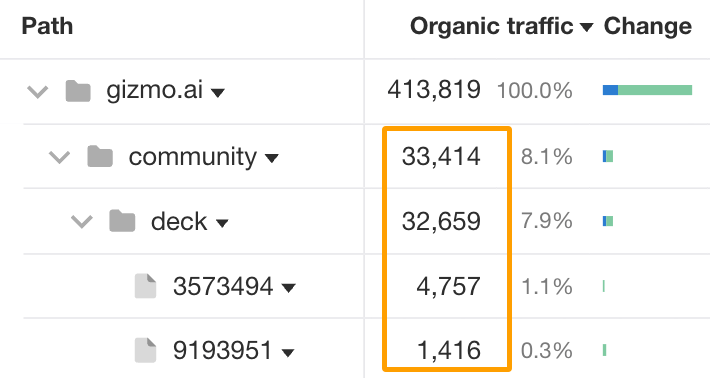
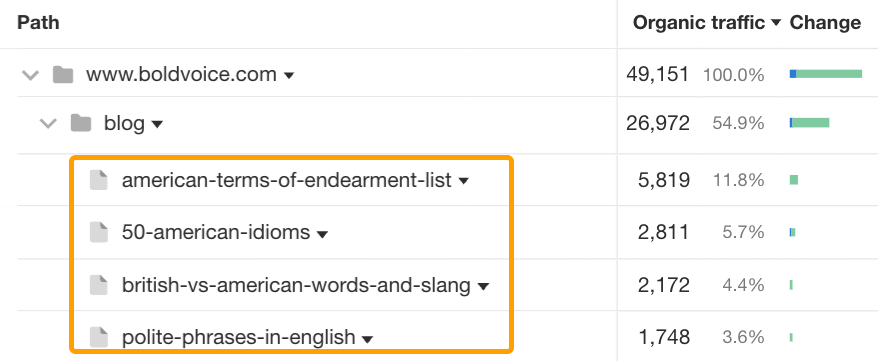
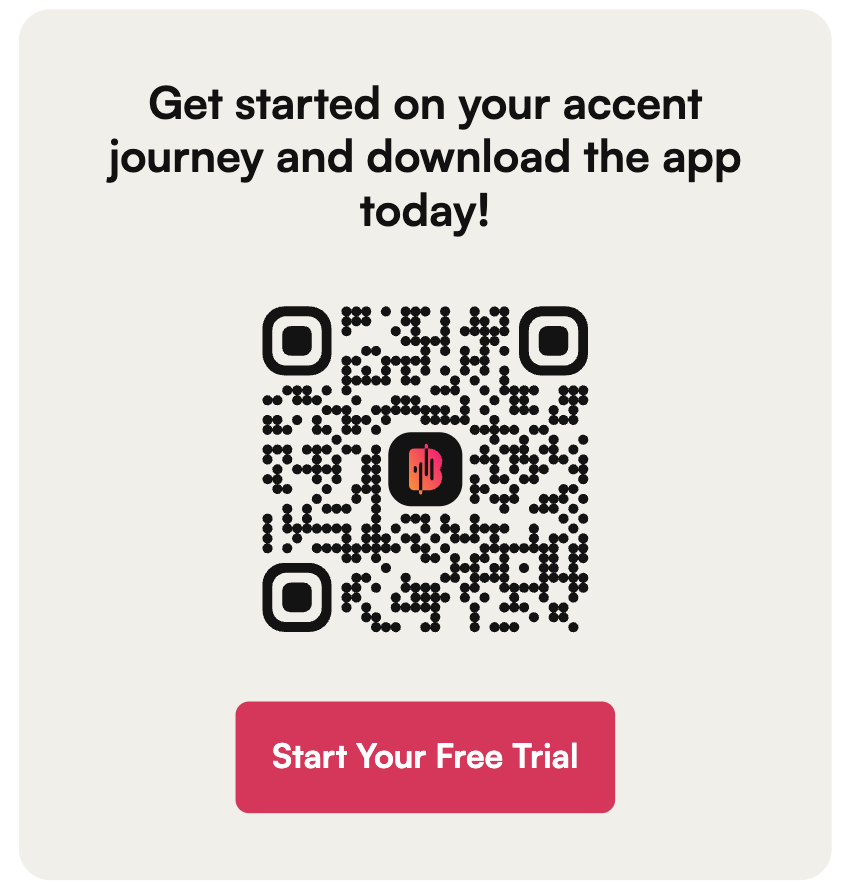
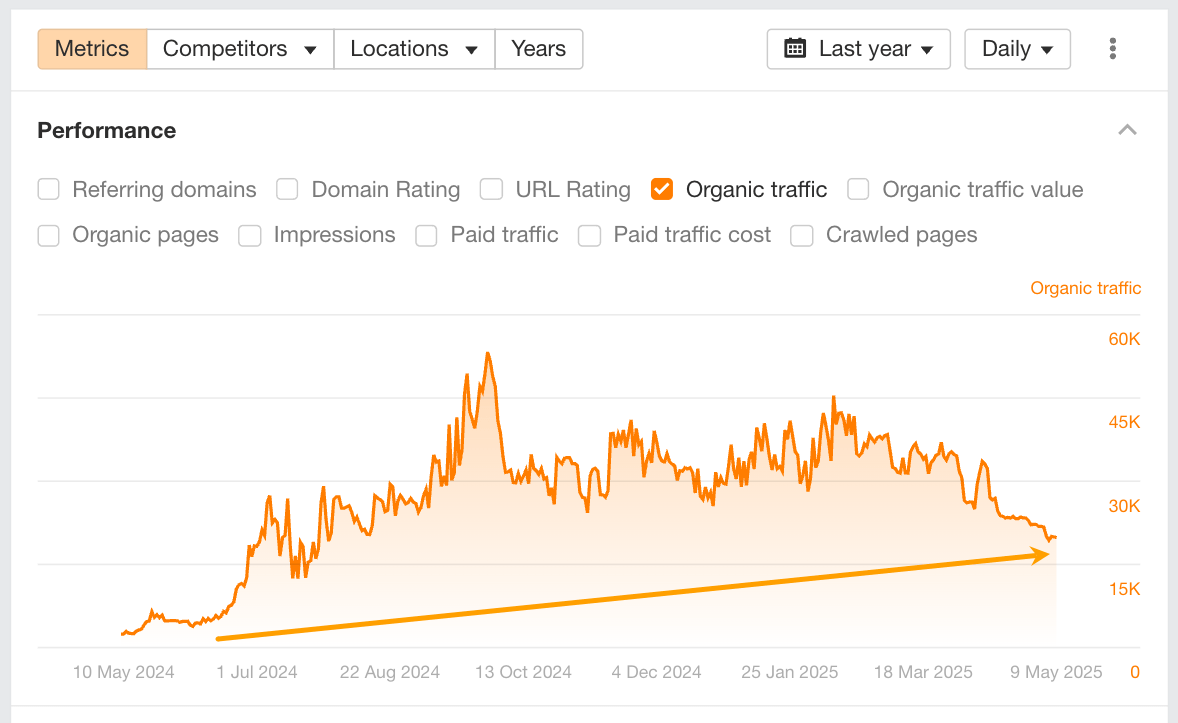
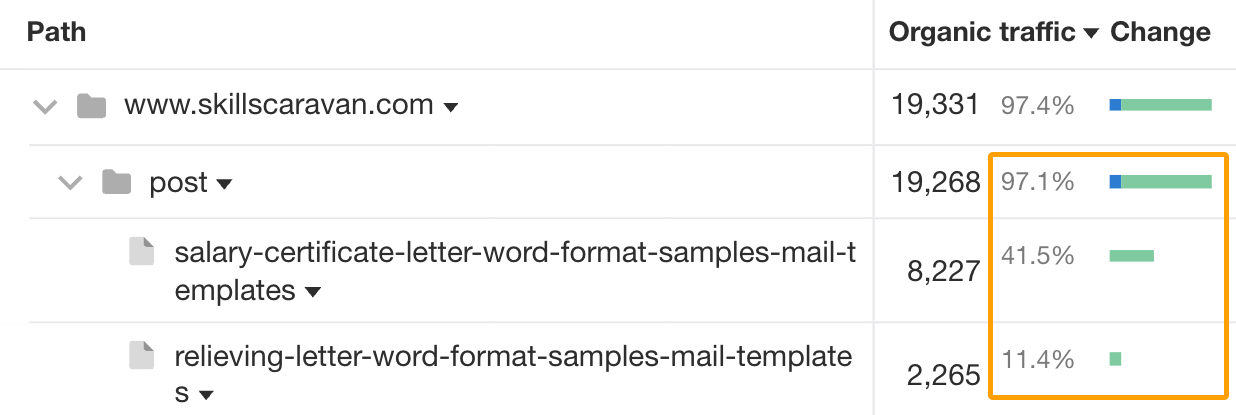
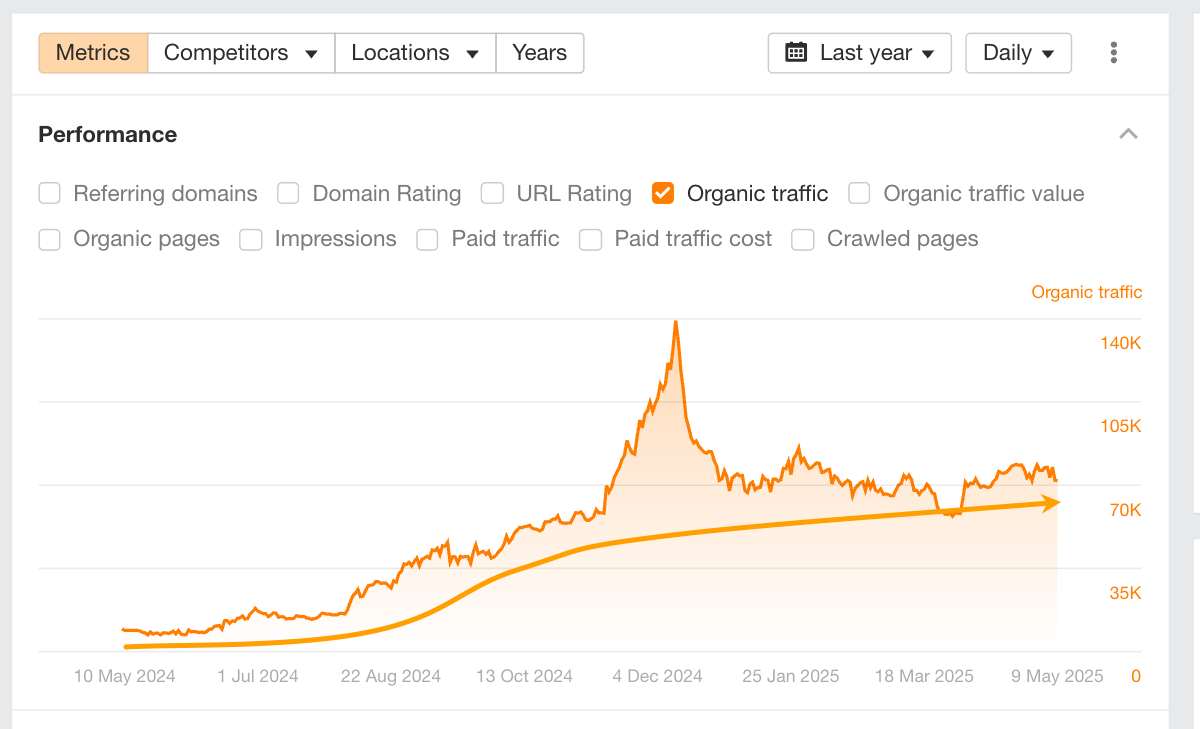
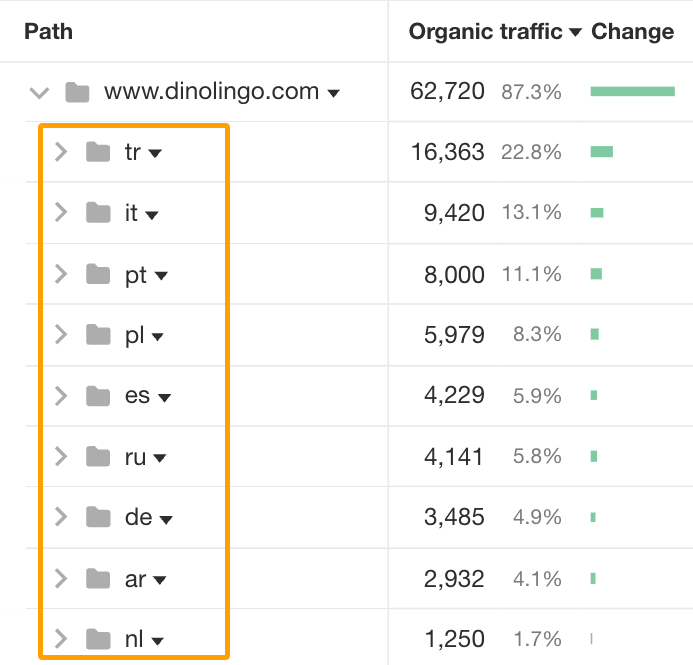
Final thoughts

 Fransebas
Fransebas 










![[Expert Panel] Effortless Conversions: Close More Sales With AI Data [Webinar] via @sejournal, @lorenbaker](https://www.searchenginejournal.com/wp-content/uploads/2025/02/featured-759.png)













